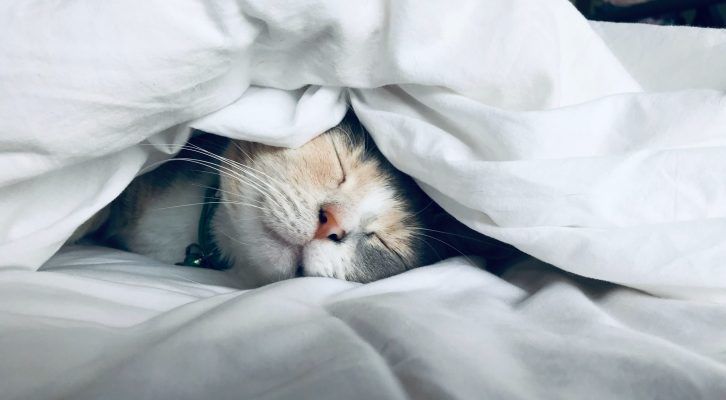Sweet Dreams Are Made of This: Here’s How to Get a Better Night’s Rest
February 4, 2020
How many hours do you sleep a night? College is a busy time, so some students may suffer from sleep deprivation.
While everyone has their own unique sleep needs, the recommended amount of sleep for people ages 18-25 is between seven to nine hours per night.
“Some studies report that 80 percent of college students sleep less than 7 hours per night,” said Dr. Brian DeLoach, medical director at GS health services, in an email, “while a study in 2016 reported the average sleep duration for a college student was 7.3 hours.”
The American Sleep Association even reports that 50-70 million US adults have a sleep disorder. They also report that 37 percent of 20-39 year-olds say they have short sleep duration.
Sleep deprivation can cause a host of health issues. According to DeLoach, it can weaken the immune system, meaning you will frequently get ill, as well as increase your risk of developing chronic illnesses such as diabetes, heart disease and stroke.
On another note, DeLoach adds that sleep deprivation can also increase mental health problems, particularly anxiety and depression, and even creates anxiety and a feeling of being stressed out. You will have less energy, feel tired constantly and possibly gain weight. The fatigue and problems with concentration and coordination can affect your academic and athletic performances.
Taking naps or “catching up” sleep-wise on the weekends doesn’t work.
Our brain needs regular sleep of adequate duration to function.
Brian DeLoach
Sleeping in and napping sets back your sleep schedule each night, which can lead to insomnia.
Each of these problems can mean the worst for students. The college environment can be incredibly stressful, and losing a scholarship because of poor sleep hygiene could spell disaster for a college career.
So, how can students combat these nasty side effects and get a good night’s sleep?
According to DeLoach, here are 11 ways you can get deeper and better sleep every night:
 Graphic by Gherri Weekes-Garnette
Graphic by Gherri Weekes-Garnette
If you’re still having trouble falling or staying asleep after trying the above tips, follow up with Student Health Services or your primary care medical provider.
For information about Health Services on each campus, see https://auxiliary.georgiasouthern.edu/healthservices/.
This article was previously published in the January 2020 print edition of The George-Anne Reflector Magazine



